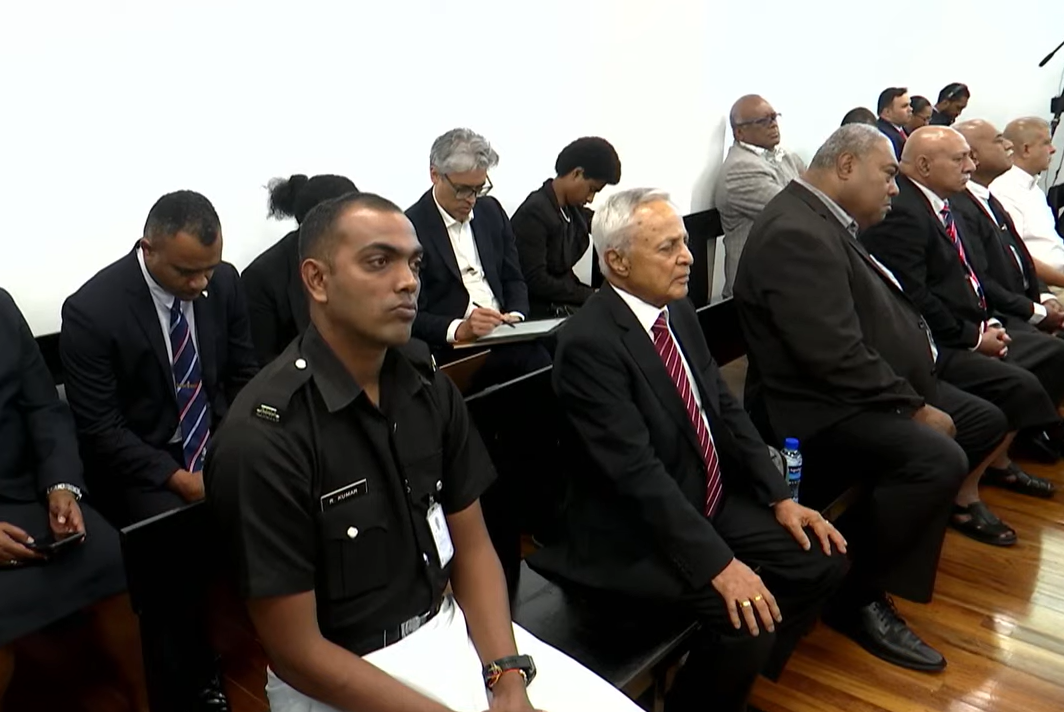Amicus curiae Andrew Butler has strongly opposed the State’s proposal in the ongoing constitutional reference before the Supreme Court, warning that declaring Chapter 11 of the 2013 Constitution inoperative would undermine the entire legal foundation of Fiji’s constitutional order.
Responding to what he described as the State’s “answer to the conundrum,” Mr Butler said such a declaration would have serious macro and micro implications, both legally and historically.
“At the macro level, it would result in the Constitution ceasing to be the supreme law in any conventional constitutional sense,” he said.
Declaring the amendment provisions (in Chapter 11, including Sections 159 and 160) ineffective, he argued, would directly contradict these supremacy clauses.
Mr Butler also noted that such a move would run counter to Fiji’s constitutional history, which has consistently included entrenchment clauses and required supermajorities for constitutional amendments.
“It would be contrary to the plain intention of the framers, that this Constitution continue that tradition of entrenchment.”
At the micro level, Mr Butler warned that invalidating Chapter 11 would leave Fiji’s Constitution without any express mechanism for future amendments.
“If Sections 159 to 160 were ineffective, the result would be that there would be no explicit power to amend the rest of the Constitution.”
“My suggestion to the court is that the outcome advanced by the State is not one that is plausible for this court to adopt.”
The hearing continues.

